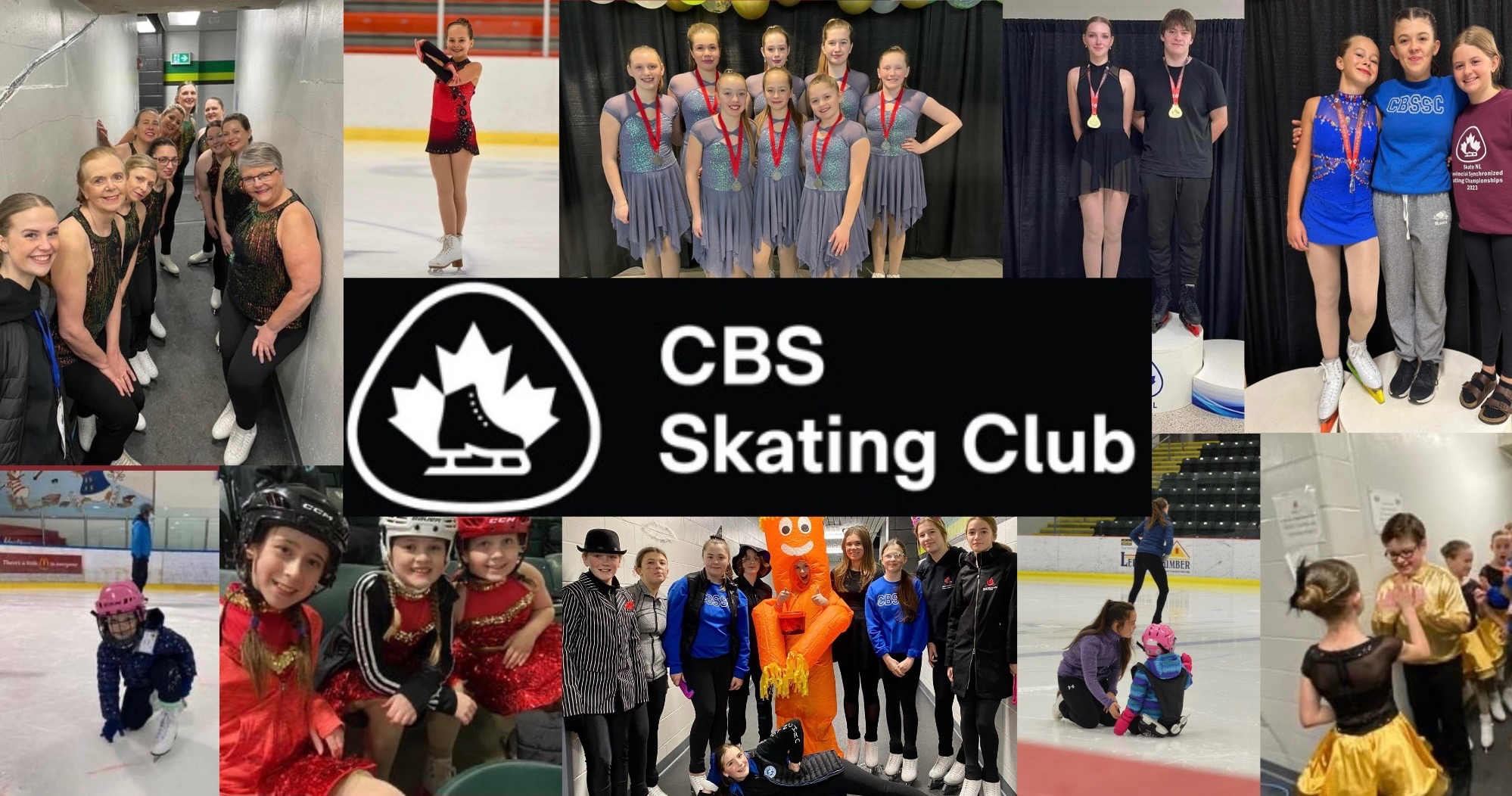
Top Content Title
This is an additional section to be able to add content
Welcome to CompetitiveSkate
The difference between STARSkate and CompetitiveSkate
STARSkate is the recreational side of Skate Canada’s program which was developed for skaters that would like to compete, but compete in a fun and relaxing way. There is no age limit for any of these levels. Skaters can move up through the levels at their own pace.
CompetitiveSkate is the competitive side of Skate Canada’s program that was the original direction for all skaters who would like to compete. This is a tougher and very competitive side of the competition. There is an age limit in the first three levels and the requirements for passing tests are mandatory.
The tests for CompetitiveSkate and StarSkate are the same. The commitment level for CompetitiveSkate is the biggest difference between the two programs.
Levels & Age Limits
Competitive Skating Consists of 6 Levels:
- Pre- Juvenile – Under 13 – Axel + 2 consistent double jumps.
- Juvenile - Under 14 – Axel + 3 consistent double jumps.
- Pre-Novice – Under 16 – Axel + 5 consistent double jumps.
- Novice – Under 17 – Double Axel + 1 Triple Jump
- Junior – Under 18 – Double Axel + 3 Triple Jumps
- Senior – No Age Limit – Double Axel + All Triple Jumps
Commitment
According to Skate Canada’s Long-Term Athlete Development at the CompetitiveSkate level a skater should look at committing on-ice time ranging between 3-5 days per week with as many as three sessions per day. Skaters should also take into account off-ice training as well which could include jumps, fitness, flexibility, yoga, ballet and other training methods.
|
Session |
Approximate Test Level |
Session Requirement1 |
|
LTAD Ideal Training Load2 |
||
|
On-Ice |
Off-Ice3 |
Length of Season |
||||
|
Bronze |
Pre-Preliminary - Preliminary |
Passed Canskate Stage 6 |
StarSkate |
45-60 min sessions; 2-5 days/wk |
1-3 hrs/wk |
20-44 wks/yr |
|
Silver |
Preliminary – |
3+ test points (min 2 points must be Freeskate test points) |
StarSkate |
45-60 min sessions; 1-2 sessions/day; 2-5 days/wk |
1-4 hrs/wk |
20-44 wks/yr |
|
Competitive |
45-60 min sessions; 1-2 sessions/day; 3-5 days/wk; |
3-8 hrs/wk |
44-48 wks/yr |
|||
|
Gold |
Sr Bronze up |
9+ test points (min 5 points must be Freeskate test points) or 12+ test points (min 4 points must be Freeskate test points) or 10+ CPC technical element score |
StarSkate |
45-60 min sessions; 1-2 sessions/day; 2-5 days/wk |
3-5 hrs/wk |
25-46 wks/yr |
|
Competitive |
45-60 min sessions; 2-3 sessions/day; 4-5 days/wk; |
4-14 hrs/wk |
44-48 wks/yr |
|||
Notes:
- STARSkate test points assigned for each passed test (excludes pre-preliminary tests or dance segments): 1 point for each PART of Free Skate test (2 points for Complete test) / 1 point for each GROUP of Dances / 1 point for Skills / 1 point for Interpretive
- While Training LTAD may not always be achievable, athletes should be working toward these scheduling goals
- Off-ice consists of jumps, fitness, flexibility, yoga, ballet and other training methods.
Bottom Content Title
This is an additional section to be able to add content
